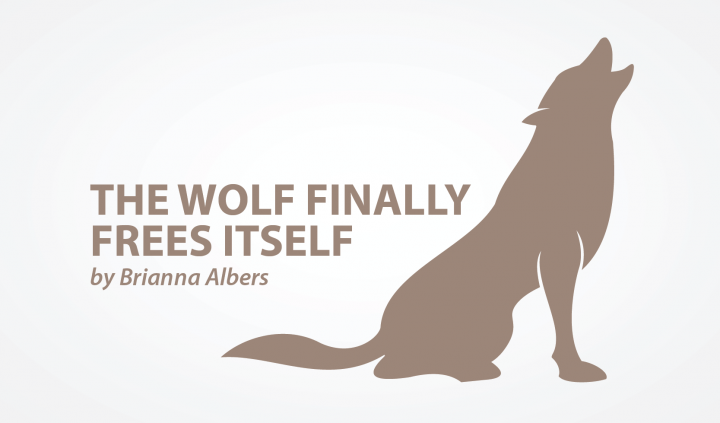Reining In My Illness Anxiety Is an Ongoing Effort
Written by |

Before I knew what illness anxiety was, I made excuses for my ever-present fear of death by the common cold. “I was supposed to die at 9 years of age,” I tell people, watching their faces screw up with realization. “I shouldn’t be alive right now.” Or, my personal favorite: “Pneumonia could kill me!” No one understands — at least, not like my parents do, after years of sleeping on hospital pullout couches — but it makes me feel better, rehearsing the many reasons for my hypochondria.
My brain hates me, but when you consider all of the near-death experiences under my belt, it kind of makes sense. You don’t have a life-threatening surgery at 8 years old — or was I just 6? — and walk away without some sort of trauma. So, I whip out the receipts: “Yes, of course I’m irrational, but you forget that my parents taught me to identify wet coughs versus dry coughs at a young age. Of course I know better, but can you imagine how quickly I’d die if I did have sepsis? Prevention is key! Better safe than sorry!”
That’s the problem with illness anxiety, at least for me. It is, like generalized anxiety, totally illogical. But there’s a strange sort of reason to it. Do I have a brain tumor? Probably not. But if I did, my weak little body wouldn’t survive chemotherapy — which brings us back to prevention. If I catch the tumor early enough, we might be able to operate, maybe even skip chemo altogether.
I’m constantly fighting the part of myself that knows way too much about brain tumors, sepsis, and signs of heart attacks in women. Something as small as a cut sends me into a panic. Do we have Neosporin? Should I schedule an appointment a few days out in case things go south? I’ve finally moved into my new room, but the rest of the house is a disaster, so you can imagine my terror as I searched the house for a bandage.
“Just use a Band-Aid,” my dad said, with the ease of someone who doesn’t live in unremitting fear of rare and incurable disease.
“We have gauze,” I pressed. “For my feeding tube.”
He flailed an arm at our house, full of boxes and magazine stacks, and to my great annoyance, dust. (My allergies are terrible right now.) “I have no idea where it is. Do you?”
I made do with a Band-Aid, but that didn’t stop me from researching everything from sepsis to infected pressure sores. I knew I was fine. If the teeny-tiny cut were to get infected, I’d be able to feel it, just like my dad would be able to see the ooze and pus and general nastiness associated with, you know, rare and incurable disease. I looked up at the ceiling and told myself very firmly that my brain was telling itself a story, the same one it’s been repeating for decades: I’m going to die, and because it’s me, it will be in the most fantastical, yet equally preventable way.
It was a story, meaning it was untrue, and I could choose whether to believe it.
I kept on believing it, of course. The anxiety doesn’t just magically go away. But every time I felt the panic pressing in, I pushed back. It’s a story. Your brain is stupid, and it’s all a story. Breathe, for the love of …
I recently read that you shouldn’t think too much about your life after 7 p.m., so I’ve been trying to put that advice into practice. When I’m anxious — about sepsis, climate change, my career as a writer, emails I continually put off because I’m lazy and it’s summer and I don’t want to do anything but eat chocolate and listen to audiobooks — I tell myself very firmly that it’s past 7 p.m. It’s a story. Your brain is stupid, and also it’s 7 p.m. Go eat some chocolate. So I dig a Hershey bar out of the freezer and distract myself until sleep takes me.
Things are better in the light of day, even cuts that may or may not turn into pressure sores. Every morning, I look up at the ceiling, light-dappled and white, and tell myself, It was a story. You’re not dead yet.
***
Note: SMA News Today is strictly a news and information website about the disease. It does not provide medical advice, diagnosis, or treatment. This content is not intended to be a substitute for professional medical advice, diagnosis, or treatment. Always seek the advice of your physician or other qualified health provider with any questions you may have regarding a medical condition. Never disregard professional medical advice or delay in seeking it because of something you have read on this website. The opinions expressed in this column are not those of SMA News Today, or its parent company, Bionews Services, and are intended to spark discussion about issues pertaining to spinal muscular atrophy.




Leave a comment
Fill in the required fields to post. Your email address will not be published.